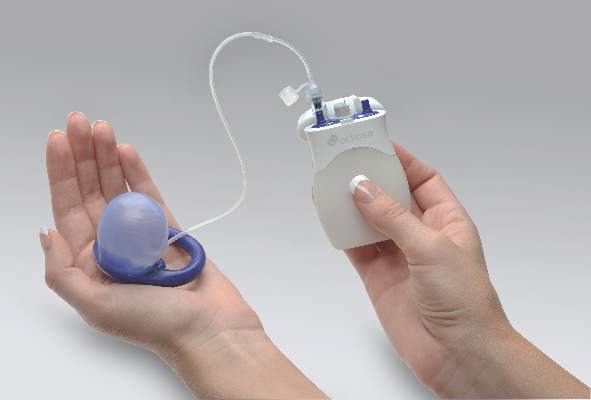
September 6, 2024
An Introduction Of Stress Urinary Incontinence
Tension Incontinence In Women Problems You may want to reduce on your overall liquid intake to minimize bladder pressure. The very first is that tension creates the supposed fight-or-flight feedback that increases the sensitivity of the nervous system. Everybody experiences this in response to stress and anxiety, yet in individuals with OAB, standard reflexes such as bladder nullifying can end up being stimulated much more easily. Study recommends that almost half of individuals with OAB experience signs of stress and anxiety, with almost one-quarter having moderate-to-severe stress and anxiety. Those who experience anxiety as an outcome of OAB also have higher degrees of anxiety and anxiety than those that do not. In this video, a physiotherapist explains how to do pelvic floor workouts.How Does Childbirth Reason Urinary Incontinence?
- Giving birth will most likely take care of urinary incontinence brought on by maternity.
- This either suggests that the person leaks urine continuously, or has routine uncontrollable leaking of large amounts of urine.
- Some females experience incontinence after shipment as a result of the strain childbirth tackles the pelvic flooring muscles.
- According to NHS stats, there are in between 3 and 6 million individuals in the UK living with some level of urinary system incontinence.
What is the recovery time for stress urinary system incontinence?
Recuperation times will differ with different procedures. Your surgeon might advise 2 to 6 weeks of healing before you go back to routine daily activities. You''ll also get instructions on when you can return to exercise and sexual activity.
Medical Professionals
These reasons can vary relying on if you're a lady or male. Some reasons are short-lived health and wellness problems that typically vanish once treated. In those situations, your urinary incontinence also typically stops as soon as the problem is dealt with. Incontinence can be brought on by long-term (chronic) medical conditions. Urinary system incontinence affects two times as many women as males. The bladder has muscle mass that tighten up when you need to urinate. When the bladder muscles tighten up, pee is forced out of your bladder with a tube called the urethra. At the same time, sphincter muscular tissues around the urethra loosen up to allow the urine out of your body. Every person might benefit from enhancing their pelvic floor muscular tissues with pelvic flooring exercises. Anxiety urinary incontinence is generally the outcome Vaginal Moisture of the weakening of or damages to the muscular tissues utilized to avoid peeing, such as the pelvic floor muscles and the urethral sphincter.Social Links